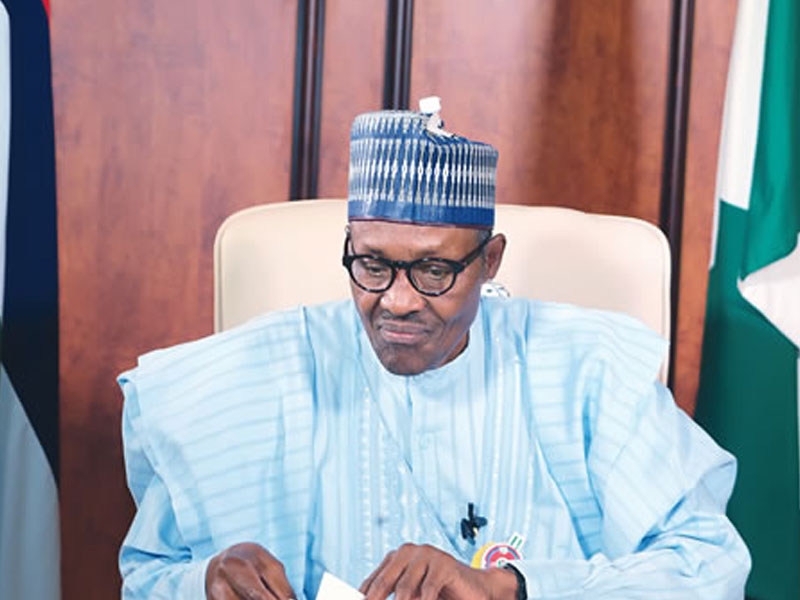Written By: Prof Anthony Eze
The Senate, some time ago, approved President Muhammadu Buhari’s over five point five billion dollar external loan request. On the same day, the House of Representatives also approved the President’s request for the Federal Government to take foreign loans totaling about twenty-three billion dollars. The loan is part of the 2016 to 2018 Federal Government External Borrowing (Rolling) Plan.
The approval by the House of Representatives was in concurrence with the Senate. Altogether, the President got approval of both Houses to borrow a total of about28 billion dollar external loans. President Buhari had, in his letter to the Senate and House of Representatives, said the funds were for the revised 2020 budget deficit, following the dwindling oil revenue occasioned by the effects of the COVID-19 pandemic, as well as financing of critical projects in some states of the federation.
The states include Kaduna, Katsina and Kogi. No state in the South East was listed among the beneficiary states from the loan. The protests by lawmakers from the zone led to the suspension of work on the loan. But approval was given to the President’s request after the Speaker of the House of Representatives, Femi Gbajabiamila, disclosed that the presidency had assured that the South East and North East geopolitical zones would be taken care of in the next borrowing round.
We appreciate the need for massive injection of funds in critical sectors of the economy to stimulate growth. But, government should always factor in projects in every geopolitical zone of the country to ensure equity and justice. Excluding the South East and North East zones in the current external loans is bad enough. The promise to cater for the needs of the two zones in the next borrowing plan is commendable.
The Federal Government must ensure that it keeps to its promise of factoring the two zones in the next borrowing phase. Indeed, it is sad that for the umpteenth time, the South East has been left out in many key projects. The Federal Government should urgently address this.
Besides, there is need for efficient management of all loans. That is the only way to avoid debt crisis. The government should not lose sight of the fact that our exposure to debt is frightening. Already, the national debt stock is currently over 28 trillion naira. Government must ensure proper allocation of the loans to priority projects. This is the time to drastically cut the cost of governance and retool the budget in line with present realities.
In the midst of the COVID-19 pandemic, the government can ill-afford to mismanage any loan. Loans are not gifts. They are financial instruments that must be repaid. With oil prices still flattening in the global markets, this is an opportunity to overhaul the economy and make it less dependent on oil revenue.
Besides, government should not ignore the provisions of the Fiscal Responsibility Act, which mandates the President to set consolidated limits for the three-tiers of government. It has been observed that non-compliance with the provisions of the Fiscal Responsibility Act has often resulted in the abuse of the procedures for procurement of loans. It has also made it difficult for the Fiscal Responsibility Commission to carry out its constitutional role in loan procurement. We call for prudent management of loans and other resources.





Comments are closed for this post.